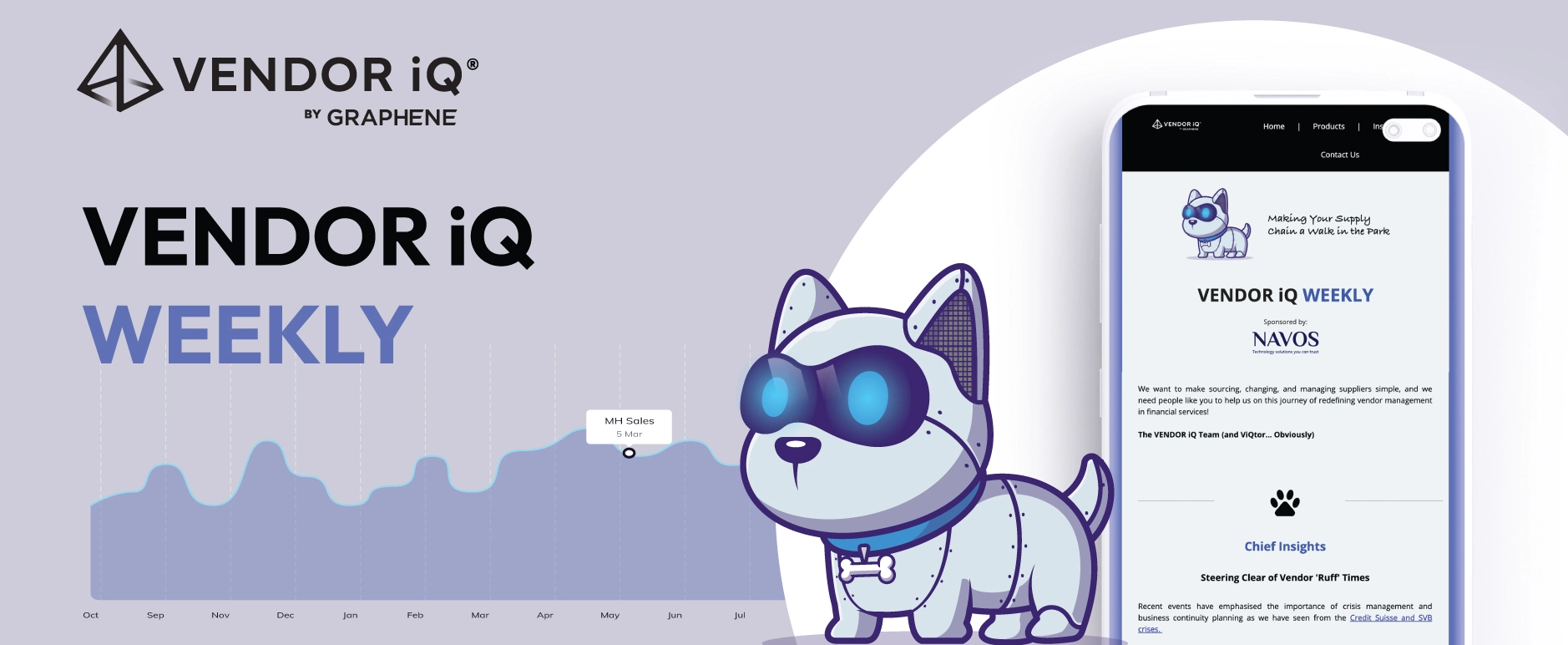How Maersk’s LCL Logistics Innovations are a Game Changer for Investment Firms
In the evolving landscape of wealth and asset management, agility, transparency, and cost-effectiveness are indispensable. While the financial services sector has been making headway in adopting technology and data analytics, there’s another arena that holds significant potential for innovation: the procurement and supply chain management process. Particularly, the lessons from Less-than-Container-Load (LCL) logistics can offer groundbreaking strategies for improving procurement efficiency and risk management.
What is LCL and How Does it Work?
In logistics, Less-than-Container-Load (LCL) is a shipping term referring to smaller quantities of cargo that don’t fill up a full container. Instead of waiting for a full container, LCL allows shipments to be combined with other loads for maximum efficiency. This leads to better space utilisation, reduced costs, and improved speed-to-market.
Vendor Intelligence through LCL Concepts
One of the key benefits of LCL is its enhanced tracking and intelligence features, thanks to its technology-driven process. This could be applied to wealth and asset management in the form of advanced vendor intelligence platforms, like VENDOR iQ.
Asset managers can have real-time data on the quality, compliance, and performance metrics of multiple service providers such as custodians, auditors, or financial advisers, all centralised on one platform
Risk Mitigation and Compliance
Just like LCL allows for efficient use of space and resources, its counterpart in financial services could permit the allocation of capital and resources more effectively across various segments of the business. Advanced tracking and analytics could identify risk factors early, helping in compliance management and due diligence in vendor selection.
Cost-Effectiveness
LCL thrives on cost-effectiveness. It offers the most efficient use of space by combining smaller loads into a single container. Similarly, adopting an LCL-inspired approach in wealth and asset management can lead to significant cost savings. By aggregating procurement needs and utilising a shared services model for common vendors, asset managers can realise economies of scale that otherwise wouldn’t be possible.
Real-Time Decision Making
One of the transformative aspects of LCL is real-time monitoring, which enables immediate decision-making and adjustments. VENDOR iQ or similar platforms can adapt this feature to offer real-time performance metrics and other key indicators for wealth and asset managers.
This could significantly streamline the procurement process, making it quicker, more adaptive, and less prone to error.
Future of Procurement in Wealth and Asset Management
The integration of LCL-inspired strategies can dramatically change the procurement landscape in the financial services sector. By fostering agility, enhancing vendor intelligence, improving risk management, and driving cost-effectiveness, LCL innovations are not just for cargo shipments—they are universally applicable strategies for operational efficiency.
By learning from sectors like logistics and their successful implementation of LCL, wealth and asset managers can create a more robust, agile, and cost-effective procurement process. Platforms like VENDOR iQ are a step in the right direction, but the adoption of these LCL principles could mark the beginning of a new era in procurement and supply chain management in the financial sector.





